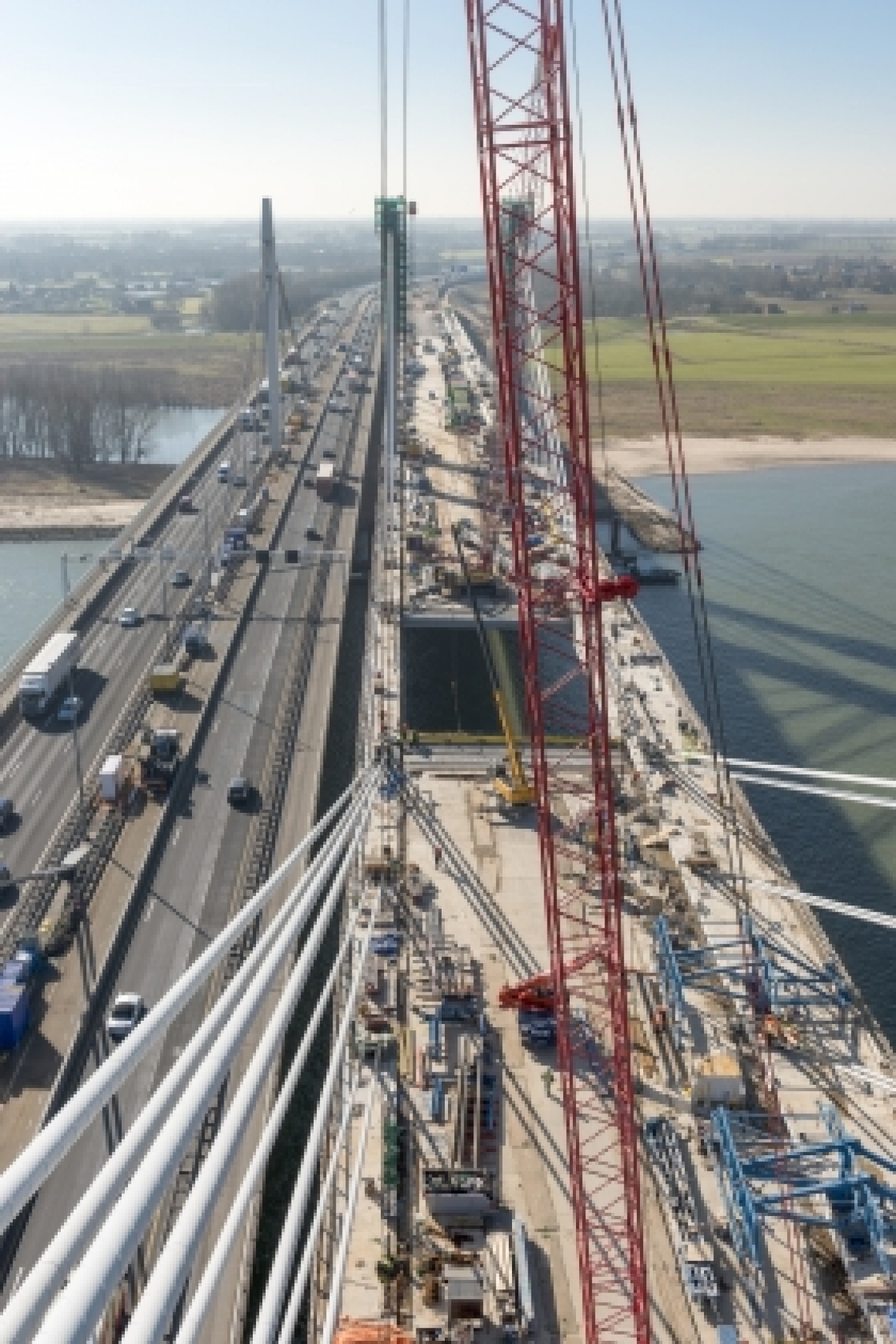
Context
The Rli advisory report ‘Reform of Environmental Law: realise your ambitions’ contains recommendations to the national government on how to achieve the aims of the reform through the implementation of the Environment and Planning Act. How can a balance be struck between providing development opportunities and protecting the public interest?
Advisory report
Legal reform
Dutch environmental and planning policy is highly complex. The physical environment is governed by approximately 40 laws, 150 orders in council and hundreds of national regulations across a range of policy areas such as spatial planning, environment, transport, water management, energy, nature conservation, cultural heritage and construction. The sheer volume and diversity of regulations creates problems for government authorities, companies and the general public. Moreover, the rules are opaque, unpredictable and sluggish, which increases costs, holds up desirable development and frustrates the achievement of social objectives. In order to tackle these problems, the government has embarked on a fundamental reform of the system, which should be completed in 2018. A first milestone was achieved when the Environment and Planning Act was passed by the House of Representatives in July 2015.
Striking a balance
The government is now implementing the Environment and Planning Act by drawing up orders in council and a national Environmental Strategy. The Rli advisory report contains advice on how to do justice to the reform’s goals (‘simpler and better’) in this process. Will the reform prevent detailed sectoral objectives from undermining integrated assessments so that decision-making will indeed become ‘simpler and better’? Can a satisfactory balance be struck between a development-oriented approach and the protection of essential environmental qualities?
Physical environment plan more dynamic
The land use plan is being replaced by the physical environment plan. The new plan is broader than its predecessor: it may also contain provisions on a diverse range of activities, from felling trees and the conservation of listed buildings to the construction of driveways and groundwater quality. The Council feels that the physical environment plan should be less rigid than the old land use plan to make it easier for municipalities to make comprehensive decisions. Flexibility is needed to meet the needs of a changing society and the demands of individuals. The Council is concerned that the reforms will not take hold, and that the system will revert back to the old land use planning approach. The new system must not only enable a change in direction; it must instigate it.
An inspiring and selective national strategy
The Minister of Infrastructure and the Environment has requested additional advice about the Environmental Strategy. The Council feels this should not become a bulky, all-encompassing policy document, but instead focus on a few key challenges. After applying five selection criteria, the Council identified four main challenges for the coming decades: the energy transition, climate change adaptation, improving the spatial-economic structure and the transformation of rural areas. The national government cannot take on these challenges alone, making it imperative that other parties (citizens, sub-national authorities, businesses and NGOs) are inspired to participate. Since this has implications for how the strategy is drawn up, the Council makes recommendations on how to involve other organisations and individuals in its preparation. The fact that the challenges cut across policy domains will require timely coordination between government departments.
Interim advisory letter
On 1 June 2015 the House of Representatives discussed the Environment and Planning bill. On that occasion, the Council decided to send an advisory letter on the bill to the Minister of Infrastructure and the Environment.
Publication
On 3 December 2015, Chris Kuijpers, director-general for Environment and International Affairs at the Ministry of Infrastructure and the Environment, received the advice on behalf of the minister, Melanie Schultz van Haegen.
Information or response
For more information or to respond, please contact us at info@rli.nl